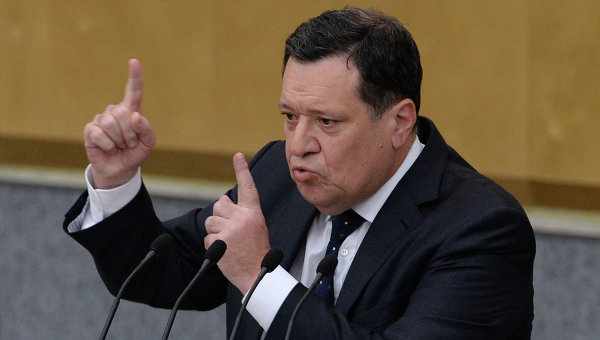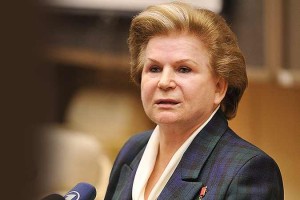
Russian Duma OKs waiver of Cuban debt; Senate ratifies bill
It’s official: Cuba no longer owes Russia the $35.2 billion in loans that it got from the Soviet Union.

At a plenary session Friday (July 4), the State Duma — the lower house of the Russian Parliament — adopted a Kremlin proposal to write off $31.7 billion of that debt, so long as Cuba agrees to pay back the remaining $3.5 billion in a 10-year period.
The debt was recalculated using a rate of 0.6 old Soviet rubles to 1 dollar.
However, Cuba’s payments will be reinvested by Russia “on infrastructure projects in the territory of Cuba, in coordination with Moscow,” according to the proposal. A spokesman from the Ministry of Finance said that some Russian companies have already expressed their readiness to participate in such projects.

For a background report in Progreso Weekly, click here.
Passage of the bill did not go smoothly, as Liberal Democrats — a minority in the Duma — raised objections.
Deputy Anton Ishchenko said that the reinvestment money should be sent directly to the Cuban population in the form of free vouchers for consumer goods. Or it could be used to amortize the debts acquired by Russian citizens when buying homes or get discounts on their utility bills.
Even the United Russia deputies — the majority in the Duma — could benefit by getting discounts on their home loans, Ishchenko joked. Or Russia could reinvest the money in its own industry, he proposed.
“When will this munificence come to an end?” Ishchenko asked rhetorically. “When will the [Russian] government think about its citizens?”
Another LDP deputy, Ivan Sukharev, said that he “would like to hear an official position by the Budget Committee on credit amnesty for our people.”

In response, the chairman of the Committee on the Budget and Taxes, Andrei Makarov (in photo above), asked the critics “not to speculate on our own internal problems when dealing with Cuba.” Debt relief is “a requirement for simple justice,” he said, “a very good basis for further cooperation with a country that, in the toughest of times, always supported us.”
Siding with Makarov, deputy Valentina Tereshkova reminded the deputies that, “when trouble came to our country in 1986, after the explosion at the Chernobyl nuclear power plant, Cuba took 40,000 of our children for treatment and rest.” The former cosmonaut, now 77, asked her colleagues not to forget that fact when voting.
Following the debate, the waiver bill was approved.
[UPDATE: The Russian Senate ratified the bill on July 9.]

